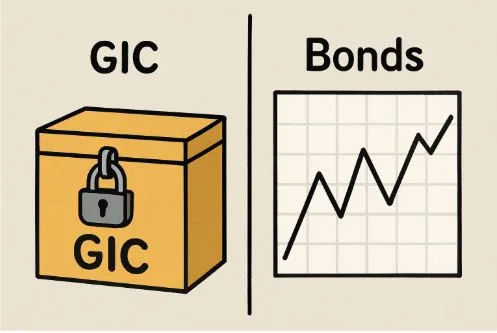Why Everyone Over 18 Should Have an Estate Plan Made
Estate planning is not just for old or rich people. In Florida, the importance of estate planning is particularly significant given the state’s large population of retirees and complex probate laws. According to the Florida Department of Elder Affairs, the state has over 4.9 million residents aged 65 and older, representing more than 20% of the population. The Florida court system reports that thousands of probate cases are filed annually, with many involving disputes that could have been avoided with proper estate planning. Florida Statutes Chapter 732 governs intestate succession, meaning that without a will, the state determines how assets are distributed—often not aligned with what the deceased would have wanted.
Estate planning is so crucial, yet many people think it’s only for older people or wealthy individuals. But that assumption can cause major problems. If you are over the age of 18, you should have an estate plan. Working with experienced estate planning lawyers in Florida can help you make informed decisions now, while you can still communicate clearly about what you do and do not want for your future and your loved ones.
Understanding Estate Planning
Beyond writing a will, estate planning covers a broad spectrum of legal matters. It comprises legal documents and decisions dictating what should happen to an individual’s property and liabilities. But if people make plans at an early stage, they will have choice and autonomy over their future, and their wishes will be upheld.
Protecting Your Assets
Among its many benefits, estate planning gives you much-needed peace of mind and protects your assets. If you have no plan, property is divided according to state laws—and that may not be what you want. An estate plan can tell the court who should get your stuff. These might be real estate, financial accounts, or personal possessions. According to Cornell Law School’s Legal Information Institute, proper estate planning ensures that assets are distributed according to the decedent’s wishes rather than default state laws. By being clear about such matters, this reduces any potential disputes that may arise amongst family members.
Healthcare Decisions
It also includes healthcare decisions. A living will or healthcare directive explains what medical treatments a person wishes to receive in the event they lose the ability to make decisions. Another important step is naming a healthcare proxy, which allows someone to make medical decisions for us if we cannot make them ourselves. This facet of estate planning provides peace of mind in knowing that healthcare desires are clear and respected.
Financial Management
Dealing with finances is another important part of it. A power of attorney allows someone to handle financial decisions if a person cannot do so because of incapacity. This includes paying bills, investment management, and more. By setting a trusted person in charge of these matters, financial obligations continue to be fulfilled without a gap.
Supporting Dependents
Young adults may not take into account how their death will affect dependents. You need an estate plan if you have kids or other dependents. It enables the nomination of guardians and the creation of trusts to hold property for their benefit. This can arrange for loved ones to be taken care of and supported financially.
Minimizing Taxes
Good planning can also reduce taxes. However, in the absence of planning, beneficiaries may face significant tax burdens. Estate taxes are often quite burdensome, but there are ways to mitigate or even eliminate this tax, so your heirs can inherit a larger portion of your wealth through your estate plan. However, this prudent planning can save both time and money and ensure the timely and efficient distribution of assets.
Avoiding Probate
While probate is the legal process used to validate a will, it can often be slow and costly. A simple but effective estate plan will remove or at least simplify the probate process. Direct transfers to beneficiaries can be achieved through tools such as revocable living trusts that do not go through the court. This helps reduce the time and cost to the families, and loved ones can access these assets much earlier.
Planning for Digital Assets
We all have various online accounts and digital assets in this day and age. Estate planning should also take these into account. This ensures that digital assets are dealt with per their desires. This includes everything, from social media profiles to digital pictures and online bank accounts.
Encouraging Conversations
Estate planning fosters healthy family dialogue regarding wishes. Such conversations can help prevent misunderstandings and make sure everyone is on the same page about what was decided. This is an opportunity for family members to discuss what is most important for them and what they care about, creating a sense of connectedness and awareness.
Reviewing and Updating Plans
While an estate plan is created with care, it still needs to be reviewed and updated regularly. Changes in life stage, like getting married, divorced, or having a child, can also affect the decisions. A regular review of the plan ensures it reflects the current personal situation and wishes.
Conclusion
Estate planning should not be limited to a specific group of people. This is something that every adult should consider.Taking prompt action protects your assets, honors your end-of-life preferences, and provides for your family. Everyone should have an estate plan, and the clarity that comes with it brings peace of mind.






